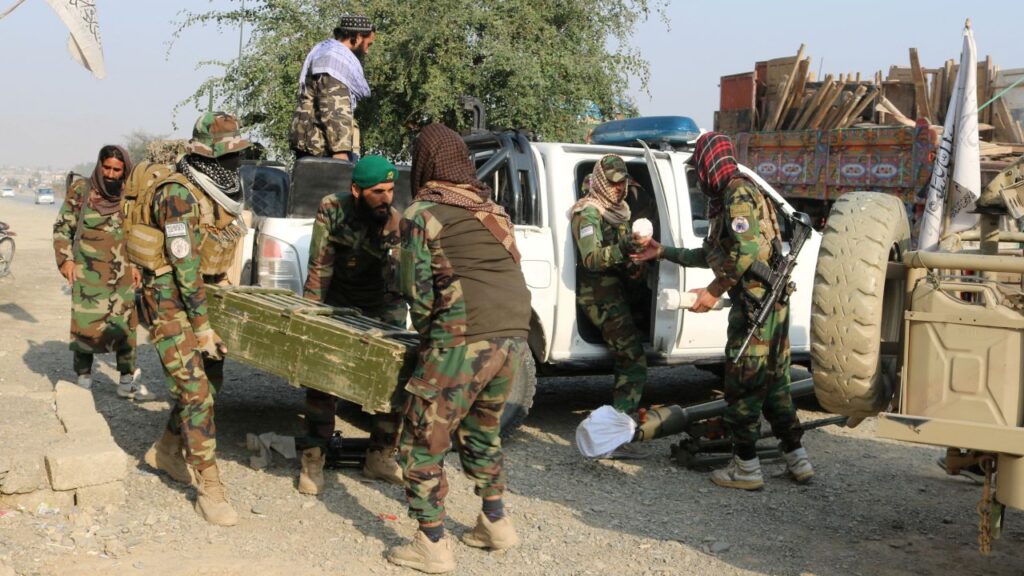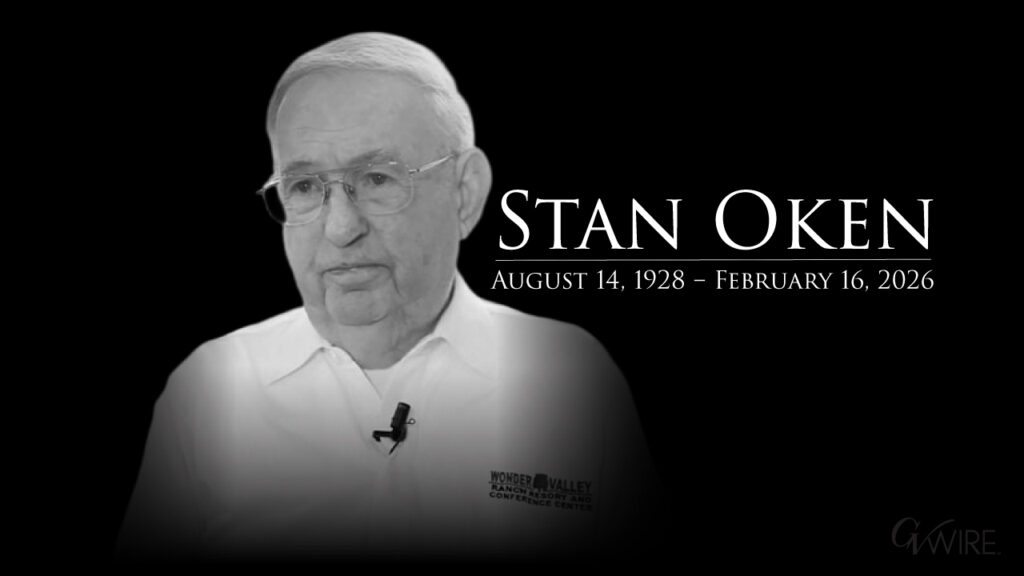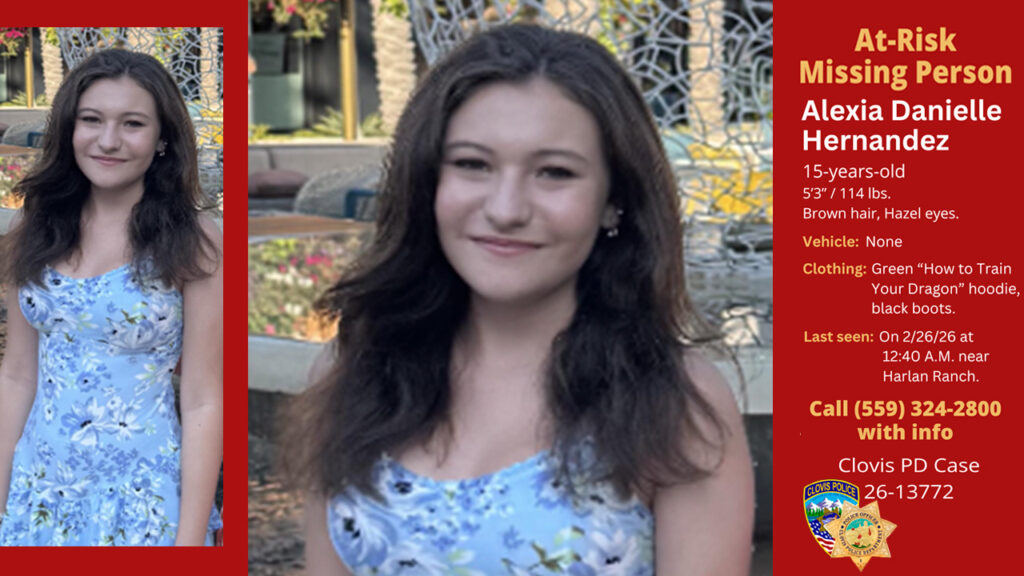he Eurovision Song Contest in Malmo, Sweden, brings together diverse musical acts from 37 countries amidst political controversies and protests. (AP/Martin Meissner)

- Thousands of musicians, journalists, and fans gather in Malmo, Sweden, for the Eurovision Song Contest.
- The contest involves 37 countries competing with live musical acts under complex voting systems.
- Despite efforts to keep politics out of Eurovision, controversies arise, such as calls for Israel's exclusion due to ongoing conflicts.
Share
|
Getting your Trinity Audio player ready...
|
MALMO, Sweden — Scores of musicians, hundreds of journalists and thousands of music fans have gathered in Malmo, Sweden, where the Eurovision Song Contest is building towards Saturday’s exuberant, glitter-drenched final.
But even Eurovision can’t escape the world’s divisions. Thousands of pro-Palestinian protesters are also expected in the city for demonstrations urging a cease-fire in the Gaza war and criticizing Israel’s participation in the contest.
Here’s a guide to what Eurovision means, how it works and what to watch for:
What is Eurovision?
The short answer: Eurovision is a music competition, in which performers from countries across Europe, and a few beyond it, compete under their national flags with the aim of being crowned continental champion. Think of it as the Olympics of pop music.
Related Story: Ukraine’s Parliament Passes a Bill Letting Convicts Join the Army
The longer answer is that Eurovision is an extravaganza that melds pop, partying and politics — a cross between a music festival, an awards show and a meeting of the United Nations Security Council. It’s an event full of silly fun, a celebration of music’s unifying power, but also a place where politics and regional rivalries play out.
How Does it Work?
Thirty-seven countries are entered in the contest, which this year is taking place over several days in the Swedish port city of Malmo. The country is hosting after Swedish singer Loreen won last year’s competition in Liverpool, England.
Through two semifinals, 37 acts have been narrowed to the 26 who will compete in Saturday’s final in front of thousands of spectators in the Malmo Arena and a global television audience estimated at 180 million.
Nations can enter a solo act or a band. They can perform in any genre and language, but the rules state they must sing live and songs must be no more than three minutes long. Staging has grown ever more elaborate, incorporating flashy pyrotechnics and elaborate choreography. This year is particularly strong on topless male dancers.
Related Story: Netanyahu on US Threat to Withhold Arms: Israel Will Fight with Its ...
Once all the acts have performed, the winner is chosen by a famously complex mix of phone and online voters from around the world and rankings by music-industry juries in each of the Eurovision countries. As the results are announced, countries slide up and down the rankings and tensions build. Ending up with “nul points,” or zero, ranks as a national humiliation.
The musical style of Eurovision has diversified dramatically since the contest was founded in 1956. The early years of crooners and ballads gave way to perky pop – epitomized by perhaps the greatest Eurovision song of all time, ABBA’s “Waterloo,” which won the contest 50 years ago.
Nowadays, Euro-techno and power ballads remain popular, but viewers have also shown a taste for rock, folk-rap and eccentric, unclassifiable songs.
Who Are the Favorites?
According to bookmakers, a leading contender is Swiss singer Nemo, who is performing a melodic, operatic song titled “The Code.” Nemo would be the first performer who identifies as nonbinary to win the contest, which has a huge LGBTQ+ following. The contest had its first transgender winner, Dana International, a quarter century ago.
Another nonbinary performer generating huge buzz is Ireland’s Bambie Thug, whose song “Doomsday Blue” is Gothic, intense, over the top and a real crowd-pleaser. They’re the only contestant known to have brought a “scream coach” to Malmo. Ireland has won Eurovision seven times – a total equaled only by Sweden – but has fared poorly in recent years.
Related Story: Israel Says It Reopened a Key Gaza Crossing After a Rocket Attack but the UN ...
Other acts tipped to do well include operatic Slovenian singer Raiven, Ukrainian rap-pop duo Alyona Alyona and Jerry Heil and Spain’s Nebulosa, whose song “Zorra” caused a stir because its title can be translated as an anti-female slur.
So far, the act with the most momentum is Croatian singer Baby Lasagna. His song “Rim Tim Tagi Dim” is quintessential Eurovision: exuberant, silly, a little emotional and incredibly catchy. It’s already a huge fan favorite.
Why Are Some People Protesting?
Eurovision’s motto is “united by music,” and its organizer, the European Broadcasting Union, strives to keep politics out of the contest. But it often intrudes.
Belarus was expelled from Eurovision in 2021 over its government’s clampdown on dissent, and Russia was kicked out in 2022 after its full-scale invasion of Ukraine.
This year, there have been calls for Israel to be excluded because of its conduct in its war against Hamas.
Israel is competing, but was told to change the title of its song, originally called “October Rain” in apparent reference to Hamas’ Oct. 7 cross-border attack. It’s now called “Hurricane” and is performed by 20-year-old singer Eden Golan.
Thousands of pro-Palestinian demonstrators marched through Malmo on Thursday, hours before Golan performed at Thursday’s semifinal, and was one of 10 acts voted through to the final by Eurovision viewers.
Another demonstration is planned for Saturday. Swedish police have mounted a major security operation, with officers from across the country bolstered by reinforcements from Denmark and Norway.
Palestinian flags hang from some apartment balconies in Malmo but have been banned from the televised event, along with all flags apart from those of competing nations. At the first semifinal one performer managed to sneak in a political statement, singing with a Palestinian keffiyeh scarf tied around his wrist.
The European Broadcasting Union, which organizes Eurovision, said it regretted Swedish singer Eric Saade’s decision to “compromise the non-political nature of the event.”
RELATED TOPICS:
Categories
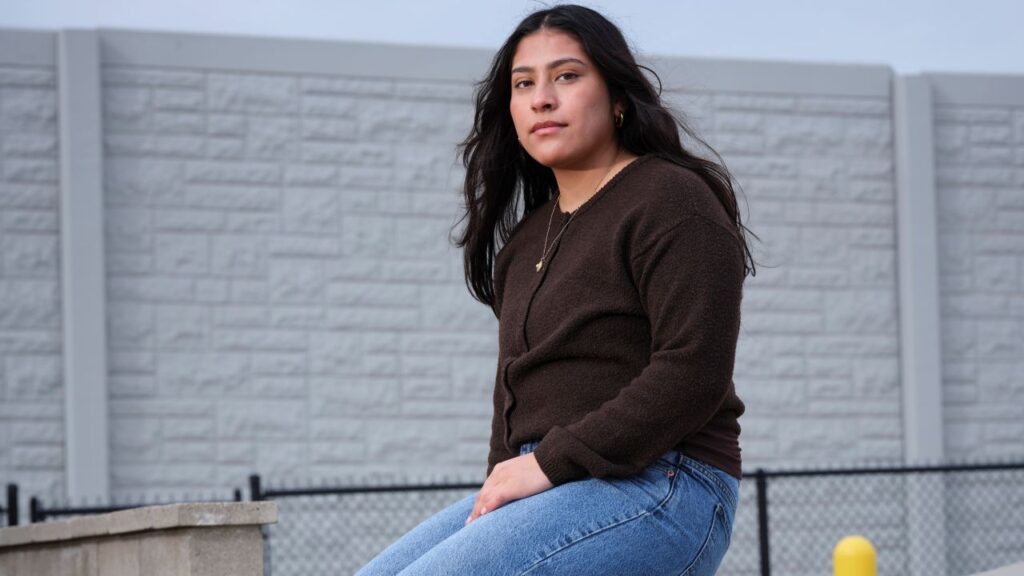
The Birth Rate Is Plunging. Why Some Say That’s a Good Thing
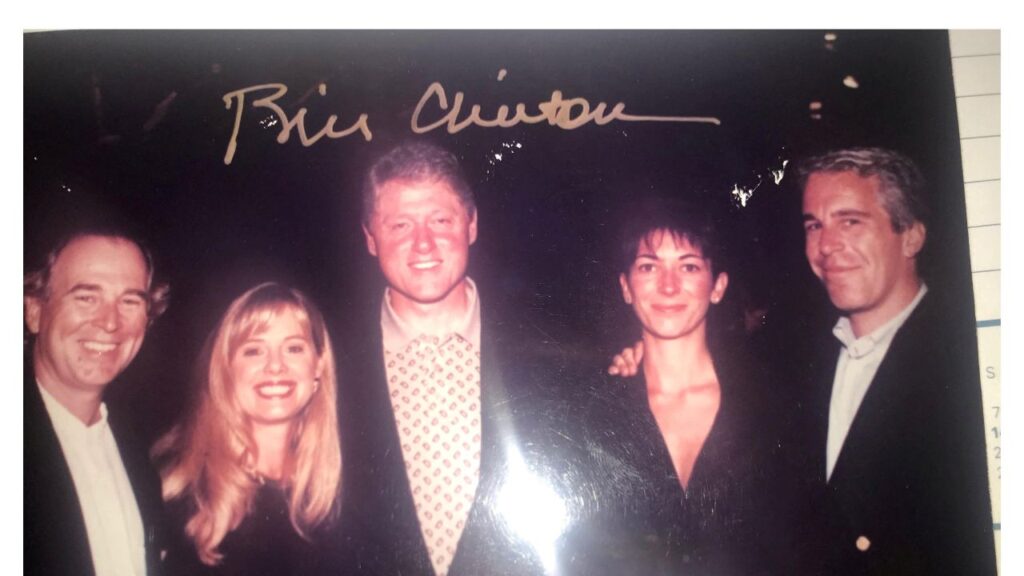
Bill Clinton to Lawmakers Investigating Epstein: ‘I Saw Nothing’

Mac the Cat Is Guaranteed to Spice Up Your Life








